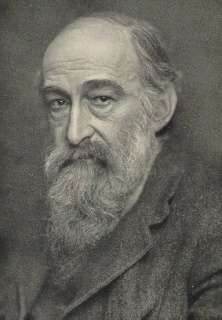A Quote by Frans de Waal
There has been so much underestimating of animal cognition that to perhaps overestimate it, as I probably do, is probably a healthy reaction.
Quote Topics
Related Quotes
Man is said to be a reasoning animal. I do not know why he has not been defined as an affective or feeling animal. Perhaps that which differentiates him from other animals is feeling rather than reason. More often I have seen a cat reason than laugh or weep. Perhaps it weeps or laughs inwardly - but then perhaps, also inwardly, the crab resolves equations of the second degree.
Intuitive cognition of a thing is cognition that enables us to know whether the thing exists or does not exist, in such a way that, if the thing exists, then the intellect immediately judges that it exists and evidently knows that it exists, unless the judgment happens to be impeded through the imperfection of this cognition.





































